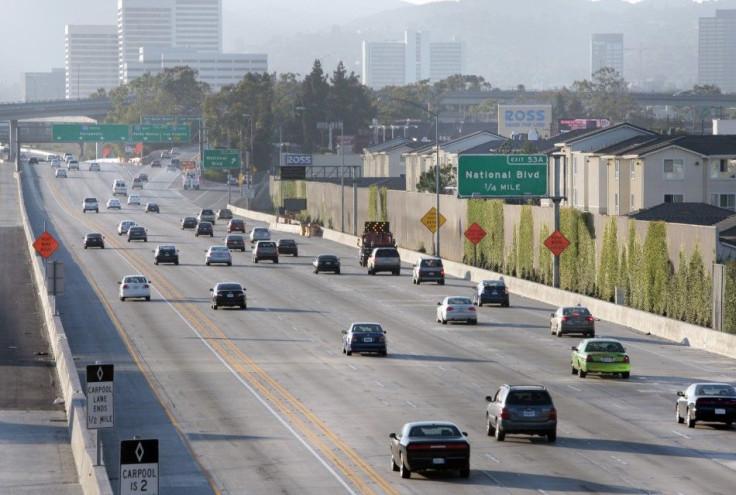Labor Day 2012 Travel Forecast: Which City?s Residents Are Most Likely To Hit The Road?

Are you planning to hit the road over Labor Day weekend? So are 33 million other Americans, according to AAA. The association expects more people to drive or fly during the 2012 holiday weekend than those who did so any year since the recession hit in 2008. There appear, however, to be some regional differences in who is traveling and for how long.
America has long been called a "no-vacation nation" of working stiffs, but a survey out this week conducted by Harris Interactive on behalf of private destination club Inspirato found that there are some cities where residents find plenty of time to take off.
The research team at Harris polled 2,534 residents in Atlanta, Boston, Chicago, Dallas-Fort Worth, Houston, Los Angeles, New York City, Philadelphia, San Francisco and Washington to see which city had the most travelers.
The answer: Washington (cue the jokes about federal employees).
According to the survey, for all but one year between 2008 and 2012, the percentage of Washingtonians taking a vacation was significantly higher than the 10-city average of 64 percent.
Based on a five-year average, 73 percent of Washington residents take vacations. San Francisco (70 percent), Boston (68 percent), Atlanta (67 percent) and Houston (66 percent) also fare well. Conversely, just 57 percent of Philadelphians and only 55 percent of Chicagoans travel each year.
Of those surveyed who get vacation time from their employer, the mean number of days range from a low of 17.6 in New York to a high of 22.1 in Atlanta.
In all 10 cities Inspirato surveyed, numbers were down in 2012 compared with previous years. Despite this, AAA predicts big numbers for Labor Day weekend.
In terms of spending: Domestic airfares decreased by four percent over last year, according to AAA, but August gas prices have increased by about 14 cents with a national average for regular gasoline at $3.72 per gallon. Hotel rates, meanwhile, have increased by four percent at an average of $117-$154 per night, while car rental rates are 10 percent lower than last year at an average of $39 per day.
AAA's survey of intended travelers found that two-thirds said their current financial situation wouldn't negatively impact their travel plans. Of those who said it would, 21 percent will economize in other areas, nine percent plan to take shorter trips, and the remaining four percent will use alternative modes of transportation.
AAA believes the 2.9 percent increase in overall travelers compared to those who drove during the same period last year is driven by improving consumer confidence and Americans' unwavering desire to travel.
"In the absence of strong economic growth that might fuel a significant boost in travel volume, it is an encouraging sign that Americans continue to prioritize travel," said Bill Sutherland, vice president of AAA Travel Services. "Travel is still within America's discretionary spending budget."
The travel industry is dependent on domestic spending, and its growth has had a positive effect on employment figures and the overall U.S. economy.
The U.S. Department of Commerce reported in the first quarter of 2012 that 7.6 million jobs are now supported by the travel and tourism industry. Some 5.4 million of those are direct tourism jobs, while some 2.2 million are in indirect tourism-related fields.
Read also: These Countries Get The Most Vacation Days (Hint: America Isn't On The List)
© Copyright IBTimes 2025. All rights reserved.






















